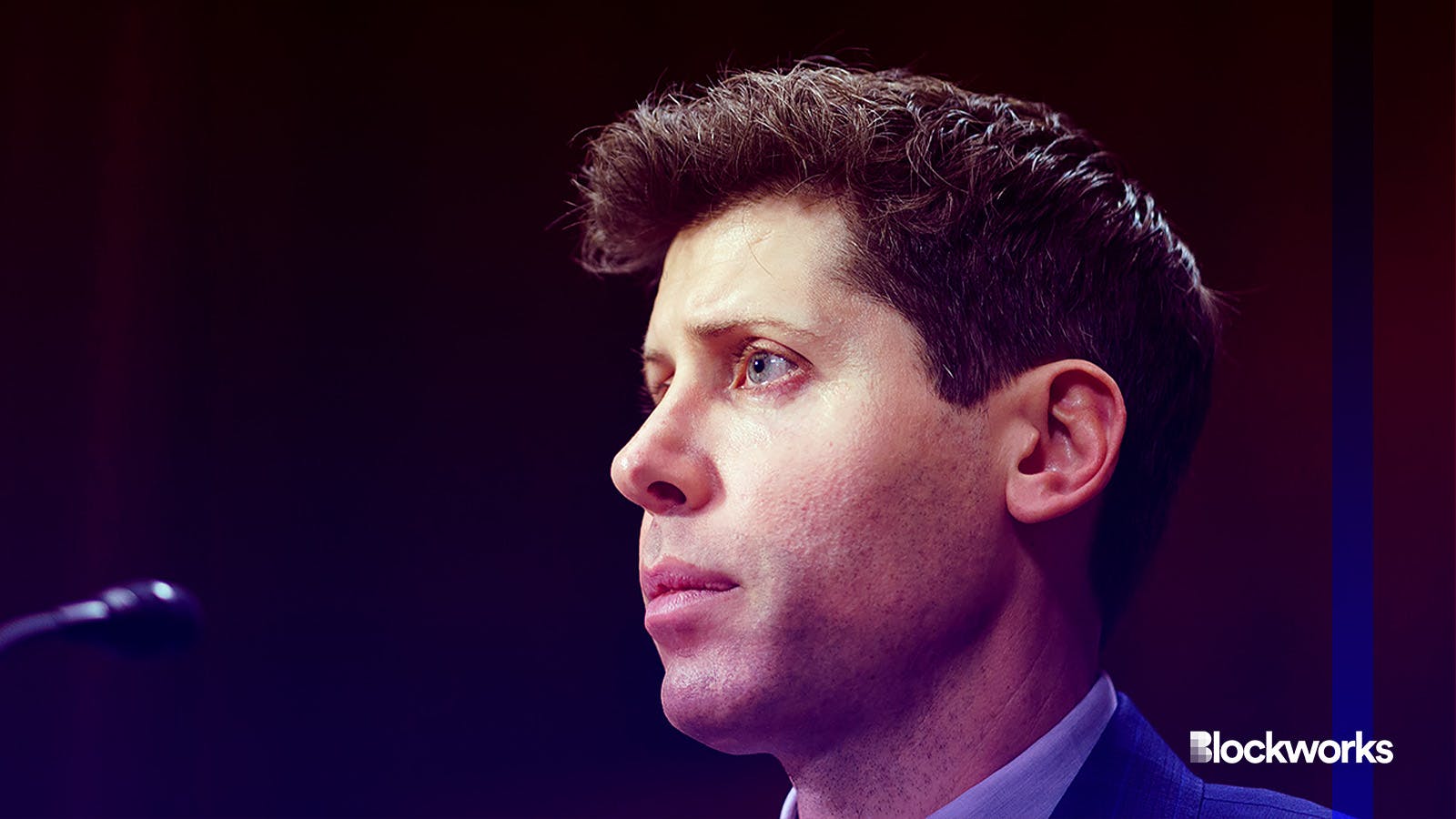Worldcoin wants to pursue legal action against Spain over data block
Worldcoin told Blockworks it was given “little recourse” other than filing a suit

Worldcoin co-founder, OpenAI CEO Sam Altman | Saül Gordillo/"altmansam_051623gn13_w" (CC license)
Worldcoin told Blockworks on Friday that it plans to take legal action against Spain after a Spanish data protection agency moved to block data collection from the Sam Altman-backed company earlier this week.
“Worldcoin is fully compliant with all laws and regulations governing biometric data collection and data transfer, including Europe’s General Data Protection Regulation (“GDPR”). As such, we have been in consistent and ongoing dialog with our lead Data Privacy Authority in the EU, BayLDA, for months. We were disappointed that the Spanish regulator circumvented the accepted EU process and rules, which leaves us little recourse but to file suit,” Worldcoin told Blockworks via email.
In a blog post, Worldcoin reiterated that it has “regularly responded to BayLDA requests for months” and has operated “lawfully” in Spain and other European countries.
Tools for Humanity announced the suit, per the blog post.
Worldcoin assured users that its World App remains available in Spain despite the verification service pause.
Read more: Spanish data protection agency moves to temporarily block Worldcoin
The Spanish data protection agency (AEPD) gave Worldcoin 72 hours to comply with the order to pause data collection and to destroy already collected data.
“The AEPD has received several complaints against this company about insufficient information, the collection of data from minors and the fact that consent cannot be withdrawn, among other infringements,” a press release from AEPD said.
Worldcoin’s Jannick Preiwisch told Blockworks at the time that the agency was “circumventing EU law” with the measure.
Read more: Worldcoin is not what we meant by making crypto mainstream
“This decision is based on exceptional circumstances, where it is necessary to adopt precautionary measures aimed at the immediate cessation of the processing activities to prevent the possible transfer of data to third parties and to safeguard the fundamental right to the protection of personal data,” the AEPD said. The agency further noted that biometric data is under “special protection” given the “sensitive nature.”
Worldcoin could be barred from further activity for up to three months, according to the AEPD’s press release earlier this week.
Get the news in your inbox. Explore Blockworks newsletters:
- The Breakdown: Decoding crypto and the markets. Daily.
- 0xResearch: Alpha in your inbox. Think like an analyst.






